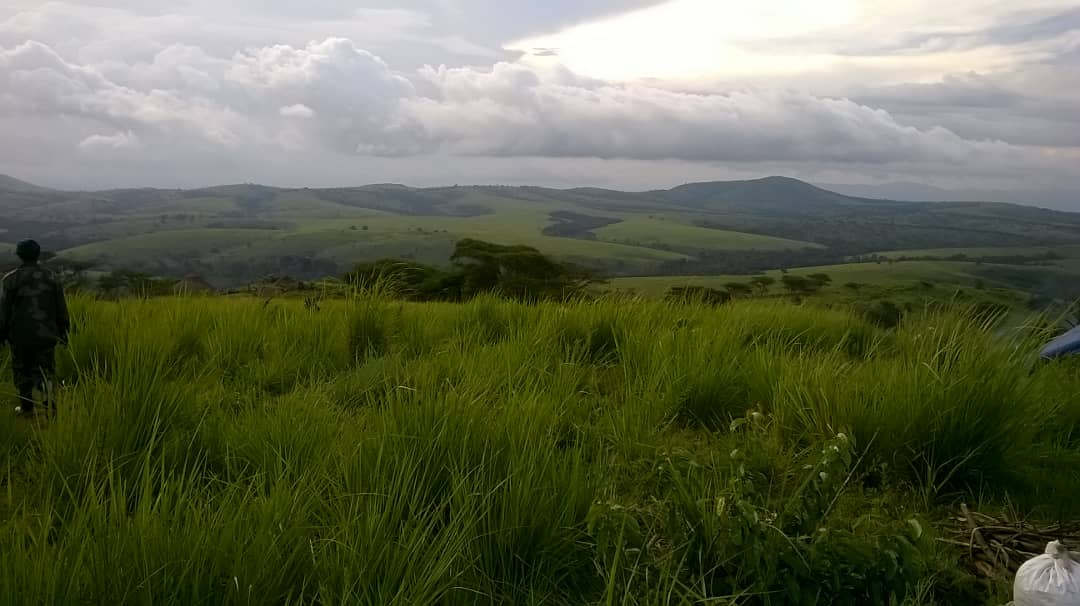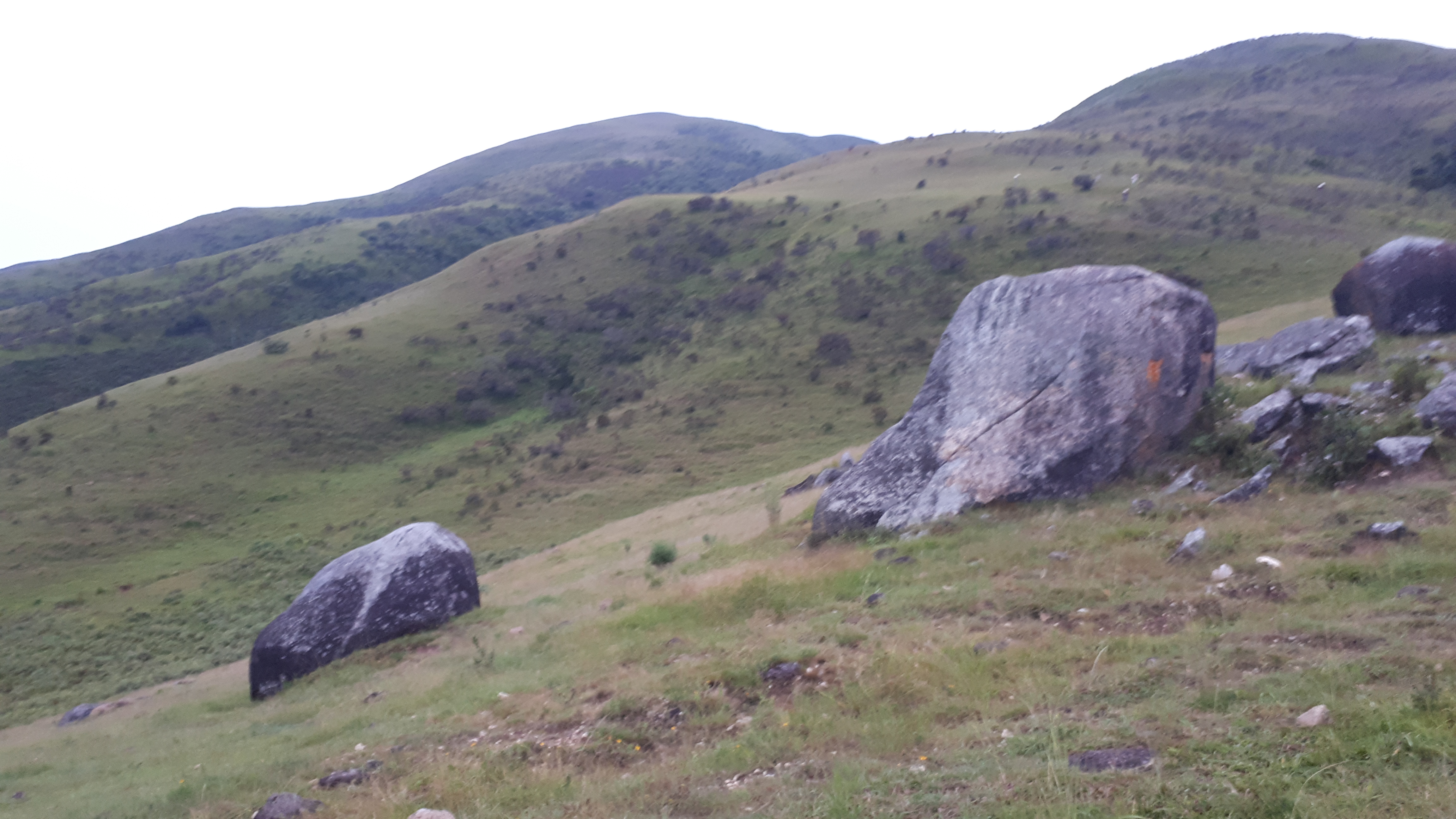
In two years, he will be in his 70s. My dad is among thousands and millions who have approximately spent their whole life into the Eastern Congo violent troubles. The post-independence crises started when he was yet young, around 10. And since then, these crises have yet stopped. It would sound as a nightmare but it is an experience that millions have experienced and can yet remind some details.
When I managed to talk to him few months ago, my dad reminds me an adage in my mother tongue that says “uhiriye munzu ntaho adapfunda umutwe”. Literally, the saying means that when caught into the fire inside the house, you never stop to find ways out even where you think it is impossible. A Kinyamulenge[1] (Banyamulenge language) saying expresses that it is wise to never mock to someone who is finding ways out of his/her problems as desperation pushes someone to behave as ‘weird. Possibly, ‘stupidity’ cannot find the same meaning all over the world. In a means-end, we might value the outcome than the processes.
The first part of my blog post’s title “Fall on the Bed” is an experience of the PhD journey that looks seemingly as much as complex in a tight lens. A colleague told us the PhD experience would let someone feels confined in a small bed to the extent that you may end up falling not because the space is inconvenient but rather due to how you feel desperate; specifically, when “Very Learned Opponents” start to question on epistemological and ontological position. By following the long question of a Professor whom you haven’t possibly met, the world if not the mind of the PhD candidate may tend to squeeze while the “long speech” ends up with a short and concise question. Moreover, the inspiration of the second part of the title comes from the discussion I have had with my dad when he was explaining to me the way he lost his dad; that is, my grandfather.

It was in April 1971; my grandfather fell in an ambush of rebel group namely the Congo’s post-independence “Simba/Mulele rebellion’. He was forced by the ‘national army’ soldiers to accompany them and take care of cows, goats and chickens mostly that belonged to people who have joined the rebellion. Was that a military tactic or something related to predation? I don’t have an answer. In fact, the ambush aimed to curb the movement of military soldiers but specifically it intended to revenge the looted properties. The so-called members of the ‘national army’ have looted cows, goats… which they thought belonged to rebels. My father and I, we couldn’t believe that my grandfather was particularly targeted but he might have been shot as the assailants have no choice in front of the other group with guns. Besides the sorrow of losing a father while yet young, the sad story has left him as the responsible of the family of roughly ten individuals. Within a ‘male dominant” system, the second born has to bear the whole burden of the family that was preparing to move from Nganja[2] towards Minembwe[3] due to insecurity. Minembwe comprises the village in which I was born. The insecurity was largely related to how rebels started to target my father’s community but also due to how they were caught under the hammer and anvil. This is not really the interesting part of the story of surviving in a violent prone region. The experience gained matters.
From 70s up to now, my father has experienced the same violent climate in a region where you will hardly touch the meaning of the Weberian ‘state’. By the ‘state’, I mainly mean rulers who responsibly fulfill their prime missions of providing public goods and services. While living in a neighborhood of Minembwe, it is hard even to reach someone of phone as a communication antenna of mobile phone is miles away of my village. The sole trace of a road is dated back in 50s when a Belgian farmer intended to establish a farm within the region. Since then, there has ever been any attempt to re-construct the road; strikingly there is no hope of accessing electricity for mobile phone users. Those who have mobile telephones can only rely on their own means to buy solar facilities. That is really nothing if people could at least be safe and not being endangered by all these loopholes left by the state. Whoever hasn’t yet experienced at the first hand the remote territories of the Eastern Congo would feel that I am exaggerating. But that is something evident and across the rural regions of the Democratic Republic of Congo (DRC).
The debate isn’t finding a culprit of these messes but rather reminding that we learn from any good or bad experience. On 21 February 2017, my village went caught between the fire of two armed groups. Guns clashes are something regular if not familiarized to local populations. Everyone can easily access to gun and initiate his self-controlled state. These two-armed groups, possibly linked to ethnic communities, were fighting for presumably necessary but unknown reasons. The gunmen are mostly young guys whose future has been at stake for long ago. They might have chosen to claim their rights (I am cautious) through the barrel of the gun. The neighborhood of my village caught involuntarily into the fire of gunmen and chose to initiate local negotiation without any ‘international’ mediator. Their expertise led them to finding ways out as the roof would fall or blow. This is how you become a local expert of conflict resolution. When I was chatting with my dad, I couldn’t find easily fit such model within the conflict resolution schemes; that is my limitations. While trying to grapple the local experience of conflict management techniques, I felt somewhat frustrated as someone who is eager to understand conflict management/resolution or transformation.

It took two days to reach an agreement without any formal and televised ceremony. Mediators whom my dad played a great role had to cross the battlefield to meet the elders of the other side. Though uncertain, people started to move freely between my village and the Mulumba’s military Headquarters because of the negotiation. The latter is a Maimai self-proclaimed ‘military’ general who want to pass his charisma on his son. Inherited charisma, it is a widely agreed approach within the socio-political institutions of the DRC. When anxious, I couldn’t refrain myself to ask my dad how courageous they were to cross the battlefield to meet the elders of the other group? He laughed! It is simply a matter of choice between two possibilities: either you chose to fight back the fire before the roof blows―falls or you decide to hide below the bed, play the game of hiding his/her face as the ostrich. Moreover, he added that since the 70s we have learnt a lot to understand what makes young guys to resort on the guns. I seemingly have decided to pay more attention on local mechanisms of conflict resolution/management as they sound pragmatic and would advise other researchers working on this context to value these local initiatives. Nevertheless, some actors in such dynamic conflicts may swim against the tide for their own interests. Violence may at some point become a “business” of making material benefits or positioning into local politics. The support to end the intractable crises needs to account for that complexity involving the role of the state and rely on local initiatives to well understand why do we choose guns.
NTANYOMA Rukumbuzi Delphin
PhD Researcher in Conflict Economics
The Institute of Social Studies/
Erasmus University Rotterdam
Twitter: https://twitter.com/Delphino12
Blog: www.easterncongotribune.com
[1] Kinyamulenge is the language spoken by Banyamulenge, one of the ethnic communities living the south-Kivu Province of the Democratic Republic of Congo.
[2] Nganja is a locality far south of South-Kivu Province at the frontier of former Katanga and former Kivu. The locality is currently a rear base of the Maimai group under the self-proclaimed General Yakutumba Amuri.
[3] Minembwe is a locality westward of Uvira-Fizi region. In many blog posts, I always refer to Minembwe as a place where I was born and it has a deep meaning in my sense.


Leave a Reply